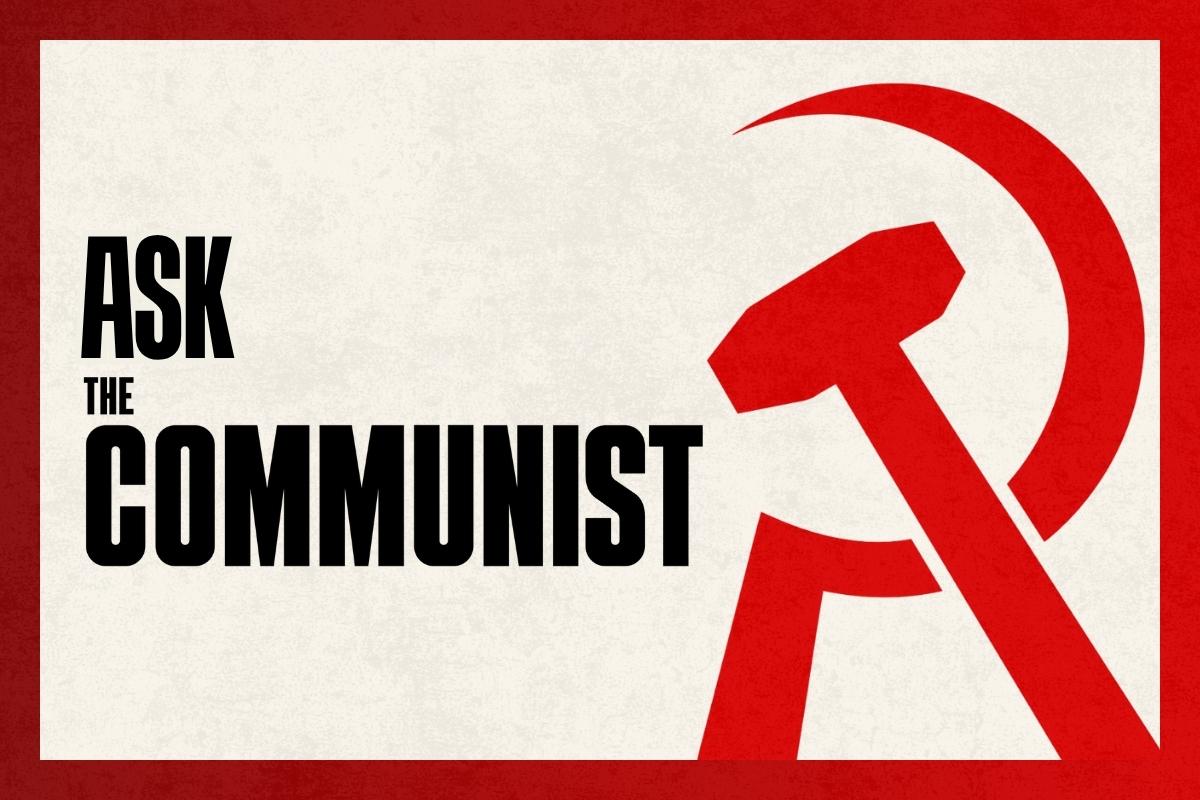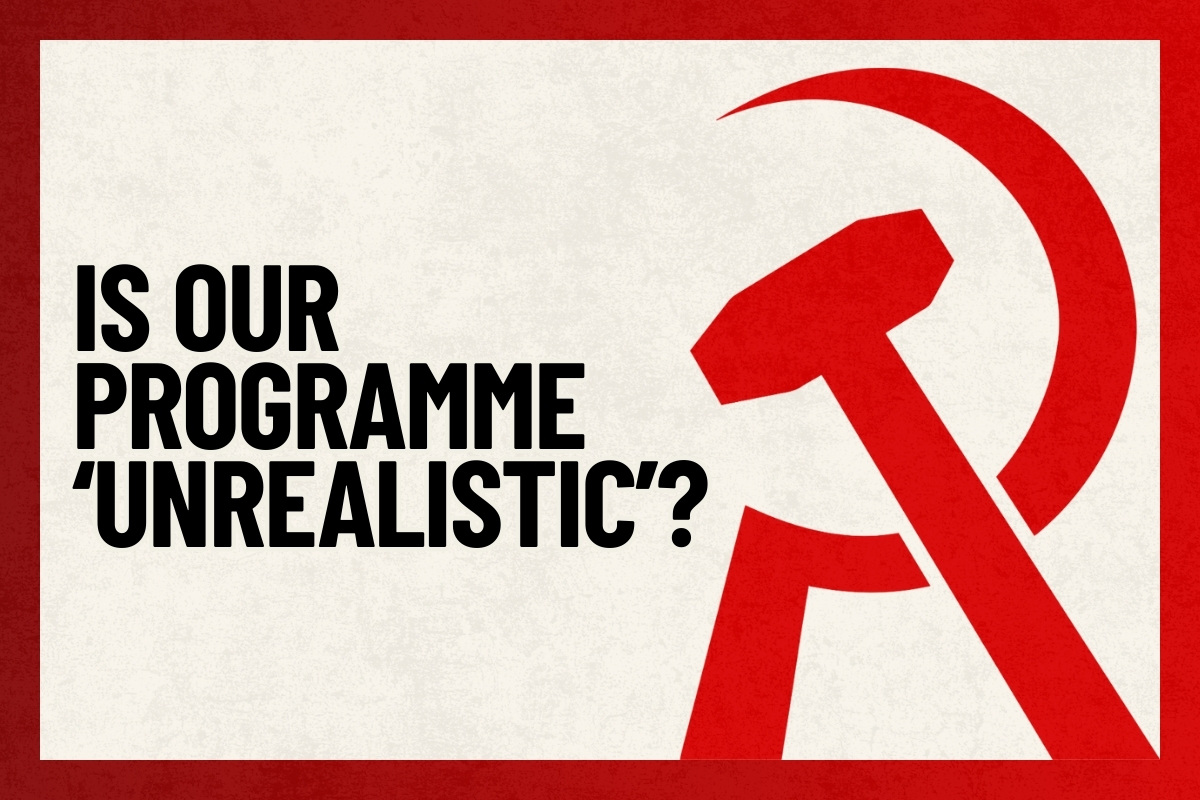Do you have a question about Marxism or party building? Write to us using our online form, and we may answer it in a future issue of ‘The Communist’!
Should comrades get more specific training for when it’s time to help guide a workers’ revolution – things like organising strikes, occupations, insurrections?
– Bert, Exeter
The defining feature of a revolution is that masses of ordinary people step onto the political scene for the first time. Therefore when a revolution happens, the technical tasks involved in organising strikes, pickets, occupations, workers’ self-defence, etc. will fall on many shoulders – not just ours.
Communists will play a key role in all the movements leading up to and during a revolution. Through patiently acquiring real experience in the class struggle, we will gain much clearer insights into these tasks than through reading a ‘how-to guide’ ahead of time.
At the moment, the most important thing we can do as communists is train ourselves in the ideas of Marxism. The movement already has plenty of activists, organisers, and union officials, but what it is lacking most of all is clear ideas and perspectives.
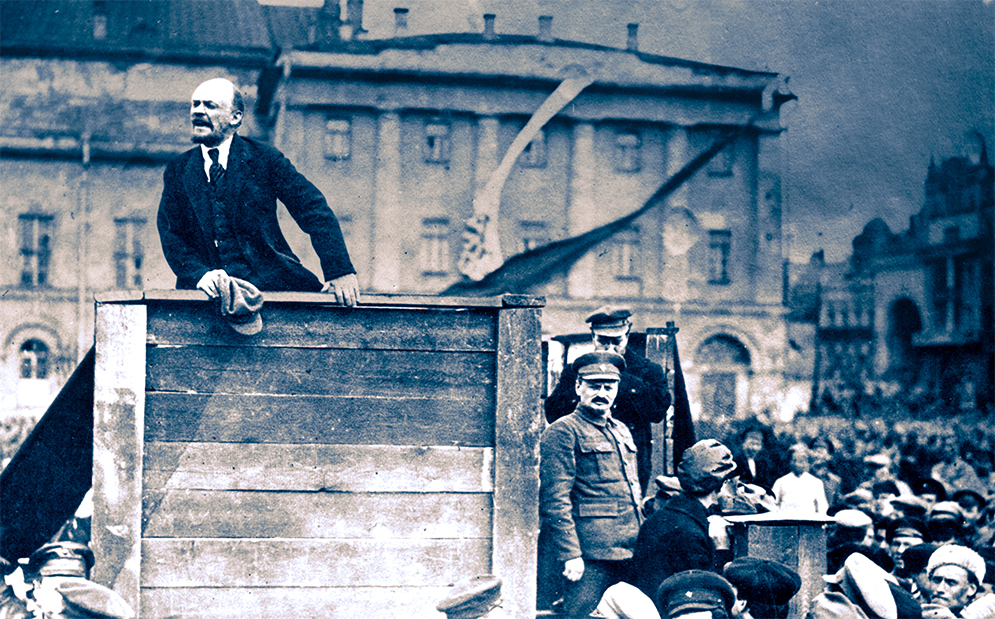
A general education in Marxism goes a long way. It will equip us to be able to read a situation correctly, respond flexibly, and think for ourselves. It will also train us to communicate ideas clearly, and politically inspire those around us.
It was with this approach that Leon Trotsky, for example, was able to organise the October insurrection, and build up the Red Army from scratch. He wasn’t an expert in military strategy and tactics, and didn’t have a few practice runs at organising an army beforehand!
Trotsky often remarked that the task of seizing power was mostly a political one – to give the masses a sense of their place in history, and the confidence to fight – and only partly a technical one, which is nonetheless vitally important. The same can be said of strikes, campaigns, and occupations.
Recommended book: Bolshevism: The Road to Revolution by Alan Woods
How should we approach China’s role in Africa? We reject Chinese and Russian imperialism, but acknowledge the benefits of diminished western influence across the continent. Do we support the liberation of African countries from Western imperialism through deals with China and Russia?
– Kaya, Holborn
It is understandable why some people see China’s role in Africa as not imperialist, or at least the ‘lesser evil’ of two imperialisms.
Chinese investment in Africa has built important infrastructure like airports and hospitals, while western imperialism – particularly British and French imperialism – has spent centuries enslaving the African people, extracting their wealth, and fomenting coups and civil wars.
Hundreds of millions of people rightly detest the western powers, and are glad to see them being pushed out in places like Burkina Faso and Niger. And we are glad to see our class enemies get a good kicking too!
But it’s also important that we don’t sow illusions in the idea that Chinese imperialism is somehow ‘more progressive’, or that so-called ‘multipolarity’ will lead to a freer, more democratic world.
Imperialism is imperialism, whether it takes the form of ‘peaceful’ economic investment or military and political intervention.
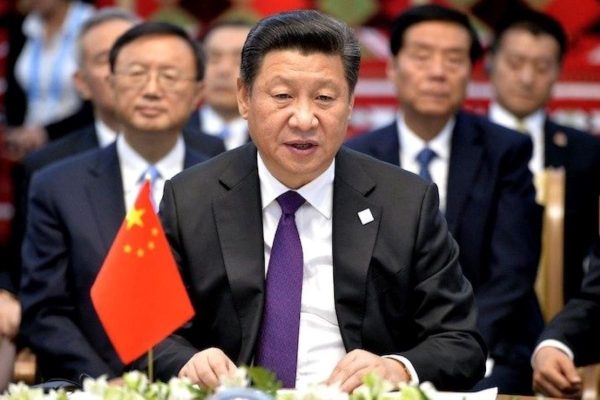 Chinese investors offer loans to build things like ports and railways. But they often come with strings attached. Countries may have to offer certain concessions to China, like preferential access to minerals, and will also become laden with massive debts.
Chinese investors offer loans to build things like ports and railways. But they often come with strings attached. Countries may have to offer certain concessions to China, like preferential access to minerals, and will also become laden with massive debts.
Whatever infrastructure has been built with these loans acts as collateral. And should any country default, which is extremely likely in the coming period, China can seize control of this infrastructure.
The relationship that this builds between China and African countries is one of dependency and extraction – between an imperialist country and a dominated country.
The masses of African workers, peasants, and youth are not being liberated by Chinese investment, they are merely being exploited by a gang of imperialist powers instead of just one or two.
As Lenin remarked back in 1915 in Socialism and War, “it is not the business of socialists to help the younger and stronger robber to plunder the older and overgorged robbers. Socialists must take advantage of the struggle between the robbers to overthrow all of them.”
But it’s extremely important for us to remember that western imperialism is still the most reactionary and dominant force on the planet. In Britain, our main enemy is at home, not in China. The task of overthrowing Chinese capitalism belongs to the Chinese workers alone.
Our main task is to aim our sights at our own ruling class; to overthrow British imperialism and put an end to its criminal role in the world. Striking such a blow would be the best help we can give the masses of Africa.
Recommended article: China and its role in the world by Jorge Martín
Recommended podcast: The collapse of French imperialism in West Africa by Josh Holroyd
People have biases regarding sex, race, etc. to unlearn that won’t change overnight, even if our material conditions have changed. What would our approach be to the re-education of society after we have had a successful revolution?
– Rose, Finsbury Park
It is true that sexist and racist attitudes won’t change overnight. The oppression of women, for example, goes back millennia. Even the best intentioned person who has been raised their whole life with certain prejudices won’t be able to banish these from their minds just because the working class takes power.
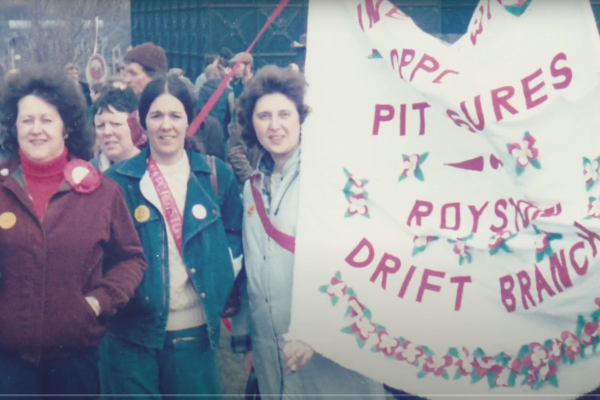
That being said, the process of class struggle and revolution can do a lot in cracking the foundations of these beliefs, and can begin changing the relations between people.
There are countless examples of workers who have been bitterly divided by gender, race, religion, etc. coming together against their common enemy in the course of a strike or a mass struggle.
We saw this with the 1984-85 Miners’ Strike, where women who were formerly stuck in the house doing domestic labour began playing a key role in the strike: speaking at rallies and organising fundraisers and community support.
But most importantly, socialist revolution will remove the system which upholds bigotry and oppression.
Oppressive ideas come from the top of society, not from ordinary people. They are produced and reinforced by the ruling class – through the media, through culture, and in the workplace – because it serves their interests: to drive down wages, hold back united struggle, and distract people from the real root of their problems.
And the crushing burden of domestic labour – cleaning, childcare, cooking, etc. – weighs down on the shoulders of billions of working women. There can be no equal relations between men and women until this burden is removed entirely.
A good period to learn from is the first few years of the Russian Revolution, where the Bolsheviks set up special commissions focused on improving the conditions of women, e.g. by setting up communal canteens, nurseries, and laundrettes, and legalising divorce and abortion.
Their aim was not just to educate people against sexism through classroom lectures and moral pressure, but by revolutionising the real relations between men and women, and getting women involved in all aspects of public life.
Revolution alone doesn’t solve the problem of oppression. But it is only through revolution that we can truly begin to solve it.
Recommended book: Women, Family and the Russian Revolution by John Peter Roberts and Fred Weston
Recommended podcast: Women, the family, and the Russian Revolution by Natasha Sorrell
There is a focus on the Fourth international and Ted Grant this year, with the upcoming Summer Camp focusing on the writings of Ted Grant. How can the RCP avoid degenerating like the Fourth International did?
– Kai, York
A large part of why the Fourth International degenerated was because its leaders took a very formalistic approach to Marxism.
They treated Trotsky’s writings like religious dogma, following and repeating them to the letter, even after Trotsky had died and could no longer adjust his perspectives in line with a new reality.
As a result, they adopted a sectarian outlook. Sectarianism isn’t about how big or small a group is, or whether they’re involved in mass organisations and struggles. It’s about philosophical approach and method – or lack thereof!
If you try to approach the class struggle with ready-made formulas and abstractions, you will be caught completely off-guard when reality throws up new and unexpected phenomena.
For example, from claiming that capitalism was incapable of stabilising and recovering after the war, the so-called ‘Trotskyists’ at the head of the Fourth International soon enough made a 180 degree turn and declared that capitalism had overcome its contradictions through Keynesian policies and arms spending!
This mistaken approach explains why sectarians often wildly zig-zag between ultra-leftism and opportunism.
Unable to connect with wider layers of people, sectarians become more isolated, which reinforces their bizarre ideas. Unable to inspire their followers through political argument, they are forced to resort to bureaucratic measures to get their way.
 Ted Grant, on the other hand, recognised that Marxism is a method, not a dogma. We have to deal with reality in its many-sidedness. Our prognoses and predictions have to be adjusted and refined on the basis of events. Because of this, he was able to reappraise the situation in the postwar period.
Ted Grant, on the other hand, recognised that Marxism is a method, not a dogma. We have to deal with reality in its many-sidedness. Our prognoses and predictions have to be adjusted and refined on the basis of events. Because of this, he was able to reappraise the situation in the postwar period.
There is ultimately no fool-proof organisational guarantee against degeneration. The only thing that can ensure the health of a revolutionary party is education, attention to theory, and training up Marxist cadres – people with a firm grasp of theory who can think for themselves.
This responsibility falls on all of our shoulders.
Recommended article: The degeneration and collapse of the Fourth International: In defence of our heritage
Recommended book: The History of British Trotskyism by Ted Grant

